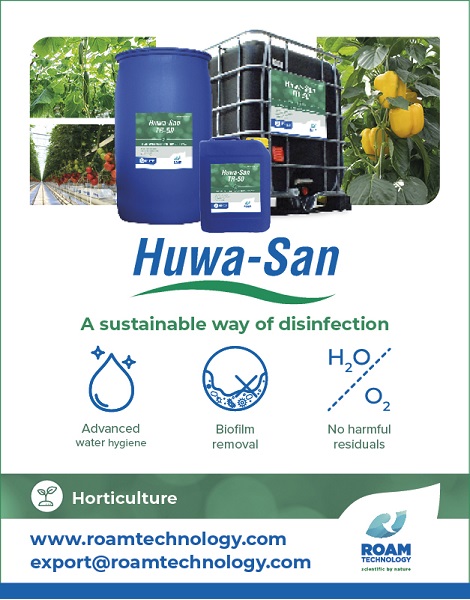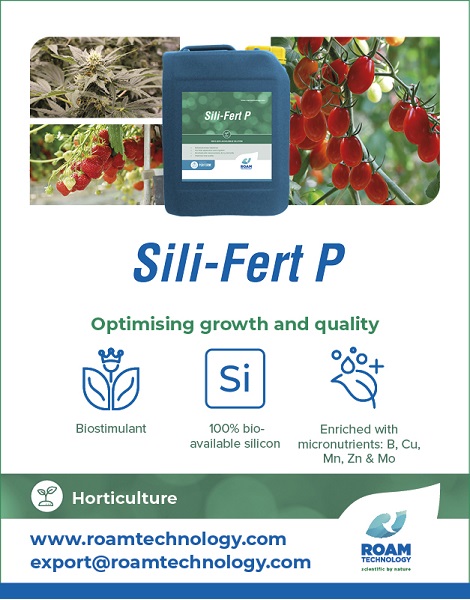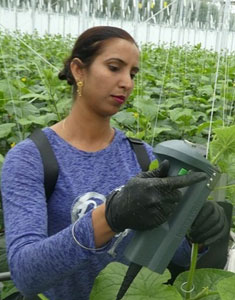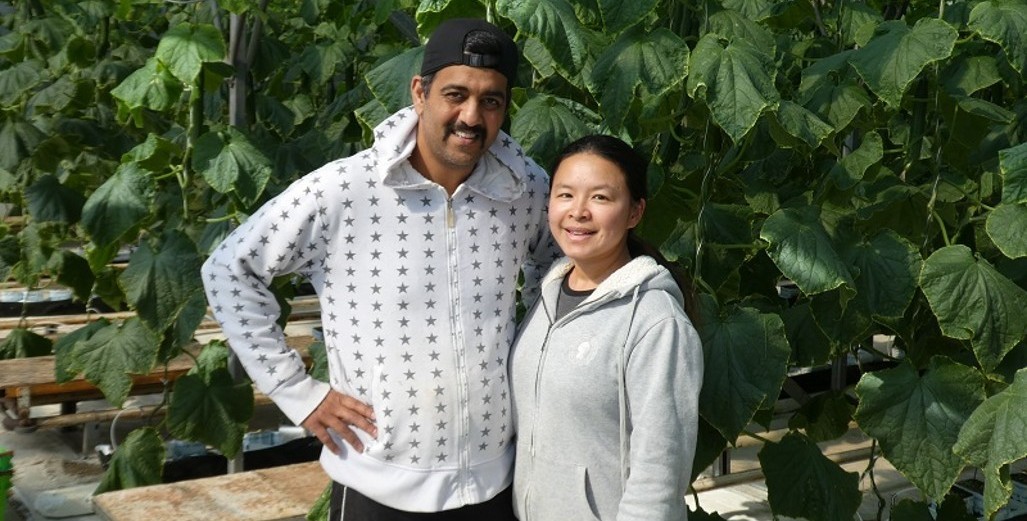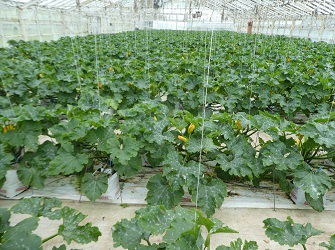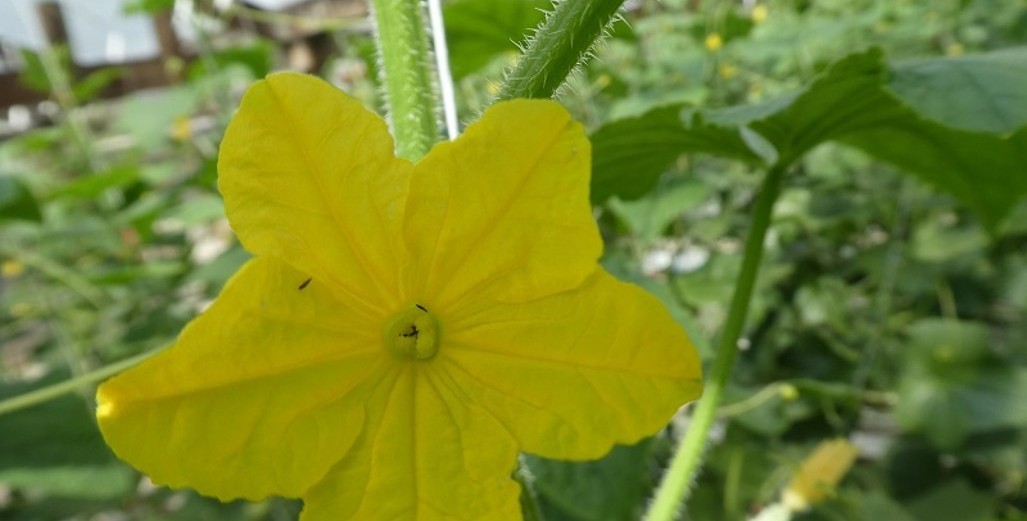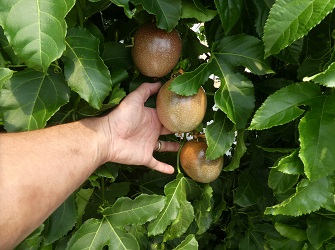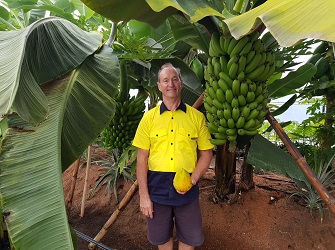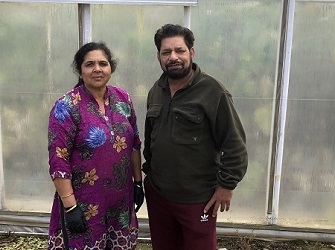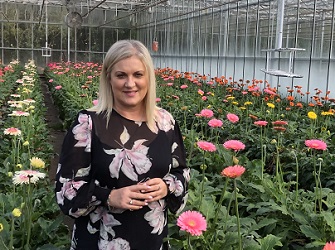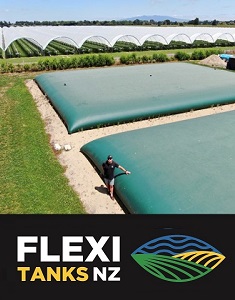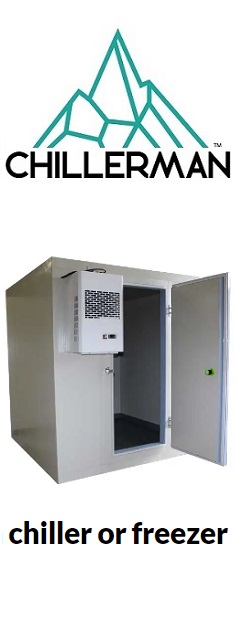Sign up here to subscribe to the Grower2grower Ezine. Every two weeks you will receive new articles, specific to the protected cropping industry, informing you of industry news and events straight to your inbox.
Feb 2023
Applying for an industrial allocation in the NZ Emissions Trading Scheme

EPA Industrial allocation:
The Environmental Protection Authority (EPA) has put together guidance to help you with the industrial allocation process. If you produce fresh tomatoes, cucumbers, capsicums and cut roses you may be eligible for an allocation of New Zealand Units (NZUs).
Part 1 in the series explained industrial allocations and how to set up an account in the New Zealand Register (December 2022 edition, page xx). This article will guide you through the application process.
To recap, growers of fresh tomatoes, cucumbers, capsicums and cut roses are eligible for industrial allocations because they’re emission-intensive and trade exposed. This means that, because of the Emissions Trading Scheme (ETS), they face an increase in the cost of heating their greenhouses. Due to international competition, they’re not able to pass these increased costs on to their customers. The Government has attempted to mitigate this cost by giving an allocation of NZUs, which a grower can then sell or use to pay for energy costs.
How to start your application
First, you’ll need to check that you’re eligible for an allocation on the EPA’s website: www.epa.govt.nz.
The next step is to sign up or log into the Register: www.emissionsregister.govt.nz.
When you’re ready to make your application: log in to the Register, go to your organisation’s account and select ‘ETS Activities’ from the left-hand menu. Select ‘Industrial Allocations’ and start your application.
Choosing a Provisional or Final Allocation
There are two ways you can choose to receive your allocation.
You can receive your NZUs in advance. This is a Provisional Allocation and is based on your production from the previous calendar year.
Or you can apply for a Final Allocation to get your NZUs in arrears. This means your allocation is based on your actual production for that year.
If you’re applying for the first time or if this is the first year you’re producing fresh tomatoes, cucumbers, capsicums or cut roses
You’ll need to have 12 months’ production data from the previous year (e.g. 2022) and apply for a Final Allocation (for 2022).
Once your application has been approved you can then choose to apply for a Provisional Allocation for your second year of production (e.g. 2023). This will mean you will get your NZUs (for 2023) in advance.
If you’ve had an industrial allocation in the past, and would like to apply again
You’ll still need 12 months’ production data. The application type will depend on what you applied for last year. If you received a Provisional Allocation, you must either keep applying for a Provisional Allocation or complete an annual allocation adjustment. If you had a Final Allocation, you can continue applying for a Final Allocation.
If you applied for a Provisional Allocation last year
You’ll need to ‘square up’ the NZUs you received against what you actually produced. This adjustment will be done as part of your next year’s Provisional Allocation process. If you’re not applying for a Provisional Allocation, please contact the EPA.
If you stop producing altogether
You must notify the EPA within 20 working days, via 0800 254 628 or info@epa.govt.nz. If you’ve received a provisional allocation of NZUs you’ll also need to submit a closing allocation adjustment in the Register and repay any necessary units within the 20 working days. Failure to do so will result in penalties.
Important dates
For provisional allocation applications
Make sure you apply between 1 January – 30 April of the year for which you wish to receive NZUs. For example, apply in February 2023 to get a provisional allocation of NZUs for 2023.
For final allocation applications and annual allocation adjustments
Please apply between 1 January – 30 April of the year following the year for which you wish to receive NZUs. For example, if you apply in February 2023, you’ll receive a final allocation for the year 2022.
For closing allocation adjustments
If you stop producing or carrying out the activity, you must complete a closing allocation adjustment within 20 working days and repay any units owed. For example, if you stop growing fresh tomatoes on 6 August, you have 20 working days to submit a closing allocation adjustment in the Register.
Please get in touch with the EPA as soon as possible and they can help you through this process.
Part 3 of this series will explain how to transfer units in the Register and what records you need to keep.
Need help?
If you’re unsure of what do to, please talk to the EPA. Call 0800 254 628 or visit www.epa.govt.nz/register-guidance

I appreciate your comments. Please feel free to comment on the grower2grower Facebook page or email: stefan@grower2grower.co.nz
https://www.facebook.com/StefanGrower2grower/
CLASSIFIED
Photo
Gallery
Subscribe to our E-Zine
More
From This Category
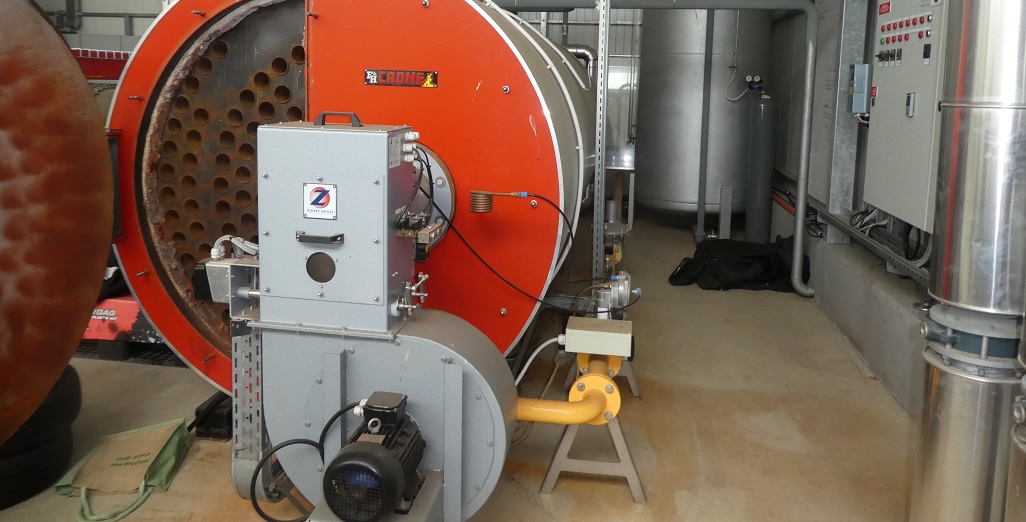
Gas supply for households and small business
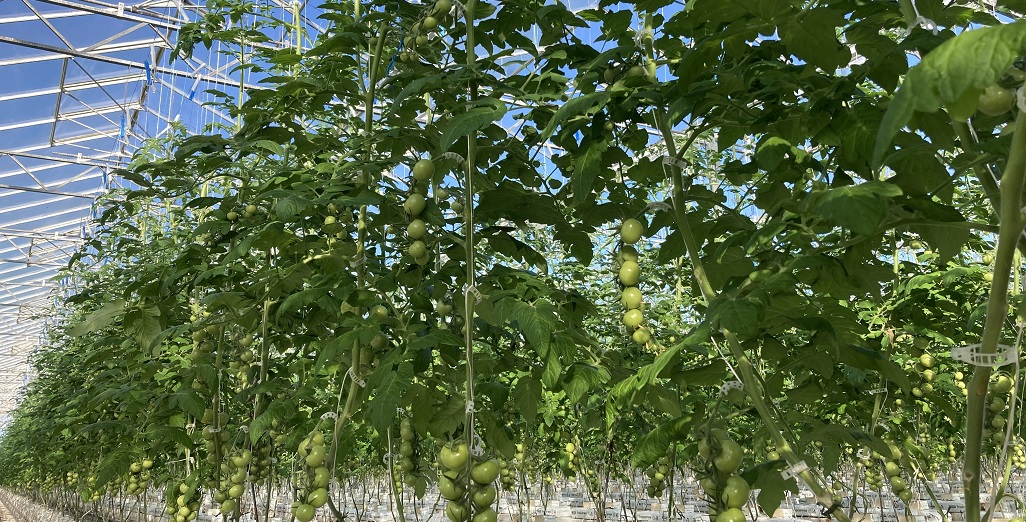
Geoheat Potential of the Tauranga Geothermal System
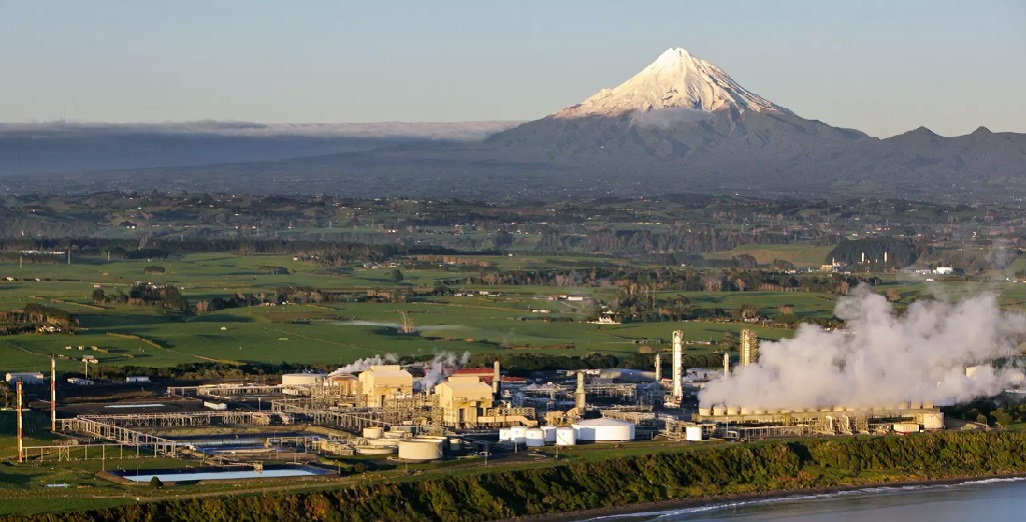
Up the creek without a paddle and a large hole in the canoe, now the canoe is patched up and has wings!
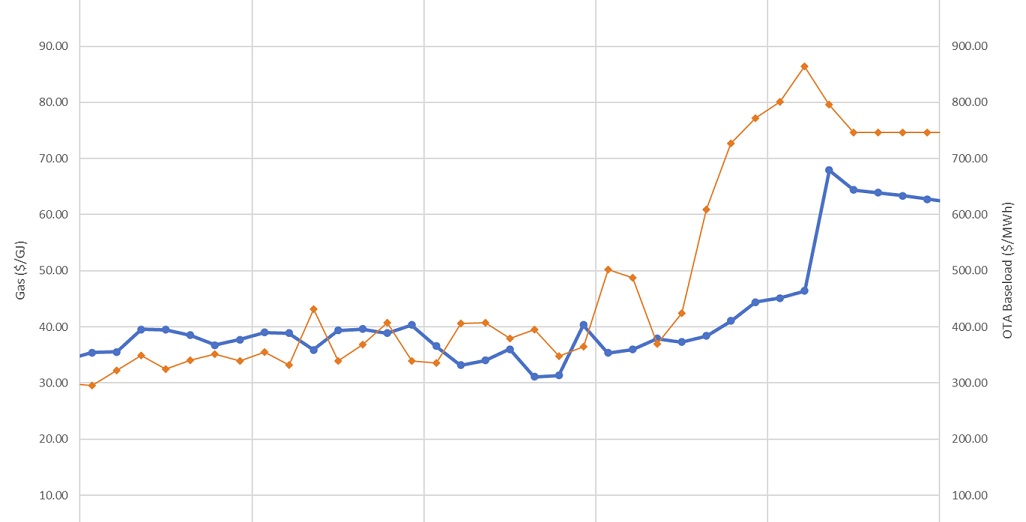
Up the creek without a paddle and a large hole in the canoe







